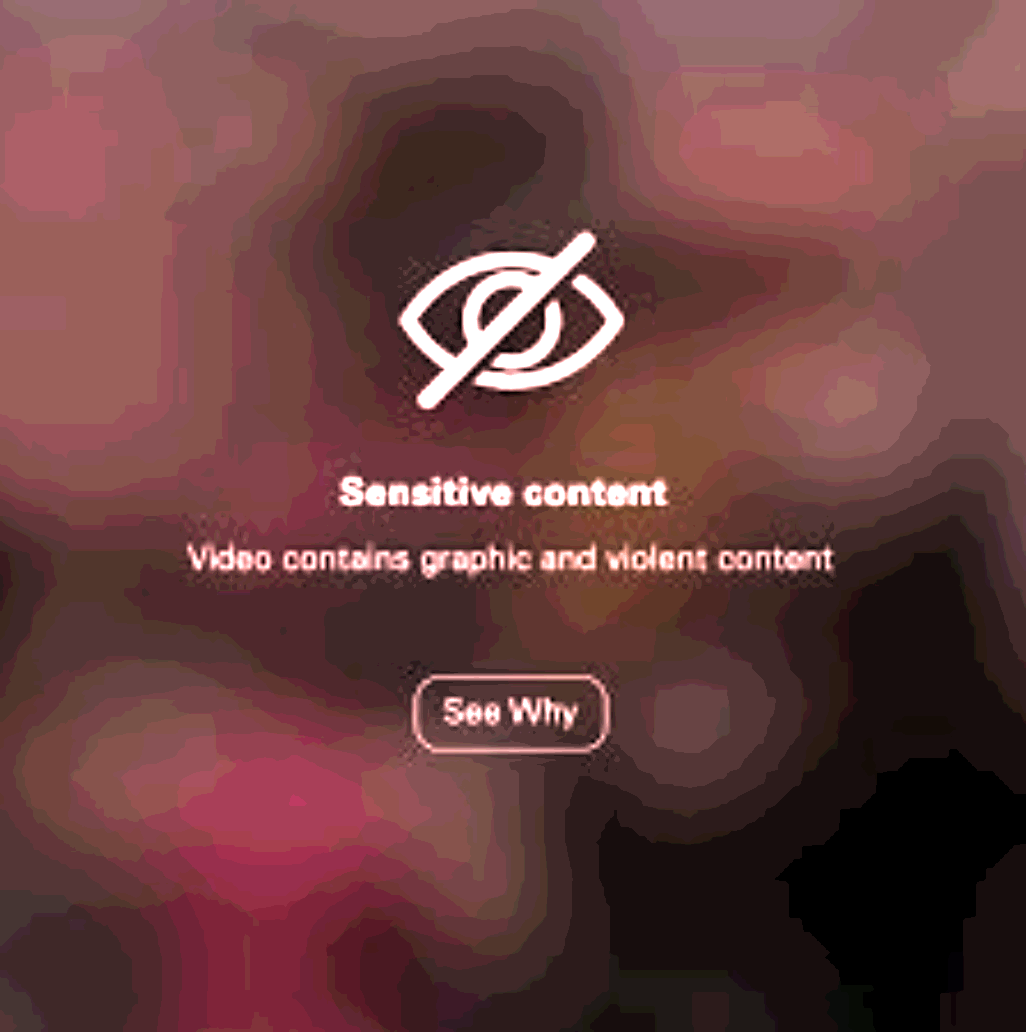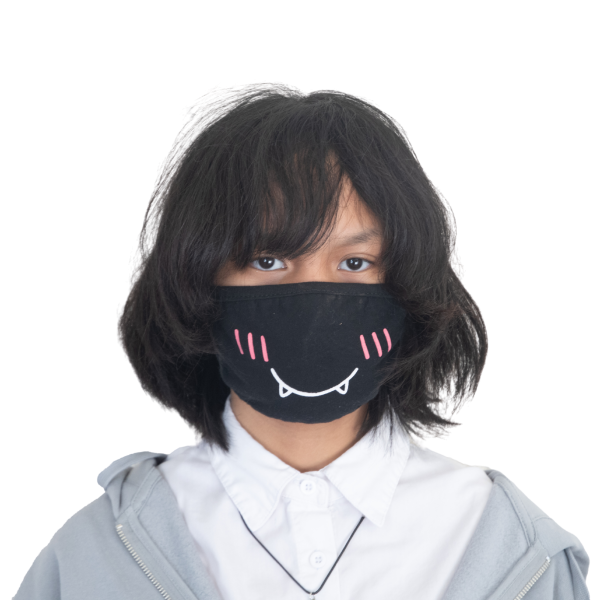With all the chaos in the world happening every second, living in it is pretty damn hard.
We as humans have always lived like this, so it may seem old news, which may be why no one bats an eye at the anguish some people face everyday. “Such is life,” is what many think in response to it.
This fact, that our lives are full of misery, remains true to this day, with the number of videos and news of the grievances of mankind that get posted online daily. In fact, we may be seeing violent content more than ever thanks to the internet. This includes snuff films, footage of wars, car crashes, and all sorts of horrific issues.
If all of these disturbing posts are being shared around the world, someone’s bound to help. Yet, the conflicts haven’t ended. Even a fight that starts in the middle of a school courtyard gets posted online, with everyone surrounding the victim with phones in their hands.
But this issue is caused only by the faults of our own minds. It’s a scenario that is known as the “bystander effect,” a phenomenon in which a crowd is less than inclined to help victims when other people are around.
Imagine a crowd of people and a group of them end up getting into a conflict. This could be a case of bullying, gang fighting or other various clashes. However, the surrounding people are not involved in the discord.
One person might think that someone else will stop the fighting. Another person will think of not getting involved, lest they get harmed too. As a result, the person next to them becomes wary of intervening with the conflict as well.
In the end, no one in the crowd lifts a finger to help stop the fight out of apathy or self-preservation. Those involved end up fighting amongst themselves, with everyone else allowing them to continue.
The bystander effect isn’t limited to real-life events.
Hearing about violent cases and events online, via the news or word of mouth, can trigger this phenomenon. Someone may at first feel bad and want to help, but the more exposed they become to the violence, the more normalized it gets.
After all, the viewer isn’t the one directly involved in the conflict. Maybe someone else will take initiative to stop the violence, or the problem will solve itself over time. It just won’t be them. The only problem is that people are thinking this en masse. That fictional savior will never come if no one’s willing to step up.
It isn’t just real-life occurrences, either. Entertainment has always portrayed violence, but the internet has made it way easier to spread around. As a result, people become exposed to brutality through shows, video games and many other forms of media.
The issue is that people become so overexposed to violence that it becomes normalized. So when real violence happens on-screen, reactions become a lot more subdued.
Eventually, with all of this overexposure to violence, a person may fall to apathy.
The more this mindset is perpetuated, the less likely people will be willing to aid victims. People will become desensitized to all of the violence going on around them, whether it happens across the world or right in front of them. As a consequence, the conflicts will continue on without any regard for repercussions.
Violence will continue no matter what. It’s a truth that’s as unavoidable as the human race. But it’s in no way an excuse to dismiss victims altogether. The moment people decide to keep to themselves and ignore the problems of others, they allow for conflict to breed.
So rather than being a bystander, do what you can.
Call the authorities. Defend the victim yourself. Call out someone’s bigotry. Donate to a charity. Spread the word. Perhaps someone will be inspired to take action, and that person will inspire another. When it comes to conflicts, anything helps, no matter how insignificant your contribution may seem.
Please, do not perpetuate the notion that someone else will fix the issue. To end conflicts and make change in the world, everyone has to begin with themselves.
This article originally appeared in the Summer 2025 print edition.




